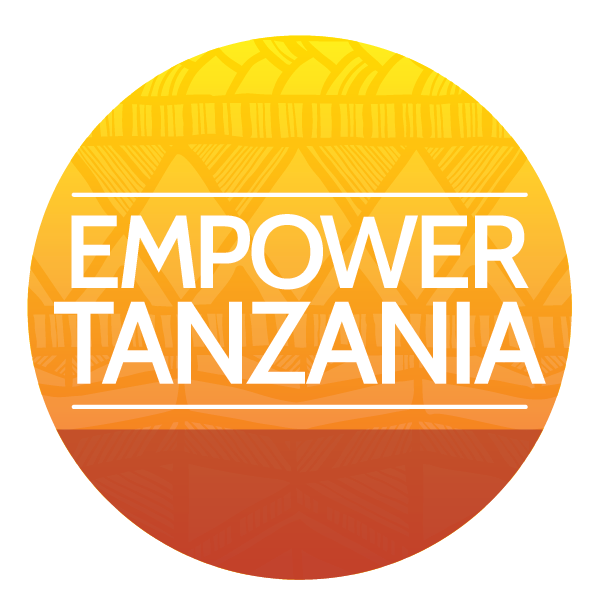Integrated Farming Program: Makeover Edition
Nietiwe was one of the original farmers who participated in our Integrated Farming Program and her star shone brightly. She emerged as a leader within her cohort and community and quickly began to reap the benefits of her training.
Nietiwe developed a successful farm on her small parcel of land. As a vegetable and goat farmer, she has been able to provide a home and nutritious food for her family, pay for her four children’s school fees, and even invest in a motorcycle to use to gather fresh grass for her livestock from more verdant land. She has also become a teacher of other farmers in her community, as well as a para-veterinarian who serves with her knowledge of animal husbandry.
We know that Nietiwe’s learning and hard work has made a difference in her life, the lives of her children, and the lives of those in her entire community.
As an organization, we rely on data to guide us in our work and we take great time and care to assure that we gather information that gauges our effectiveness through culturally appropriate measures. It’s great to know, for instance, that as a result of the Beyond Gender Based Violence program, 91% of the women surveyed feel they have a strong understanding of money management, that 85% of our Community Health Educators hold leadership positions within their community, and that as of 2019, 1,188,080 people had participated in learning opportunities facilitated through our Improving Women’s Health Program.
These numbers are important (and impressive!), but we also value the qualitative data that allow us to observe the effectiveness of our work in unique ways.
When Nietiwe found that she could consistently meet the basic needs of her family and still have a bit of income left unspent, she decided to update the interior of her home. She saved enough money to pay for a coat of paint and some updated curtains.
“I am so proud to live in a beautiful home. I love color and it makes me happy to be in this place with my family,” she said of her small home improvement project.
In general, Tanzania’s architecture represents a history of diverse styles with British, German, and Arab influences. Most traditional architecture and structures and shaped by function and culture. Nietiwe’s interest in color and pattern is obvious when you walk into her two-room home. The scalloped details of the living room paint are cheerful and charming.
We’re so pleased to know that women in rural Tanzania like Nietiwe have found great success after saying “yes” to our programs, and that they can enjoy the dignity of a day’s work as well as the pleasure of landing surrounded by the beauty of a well-loved home.




